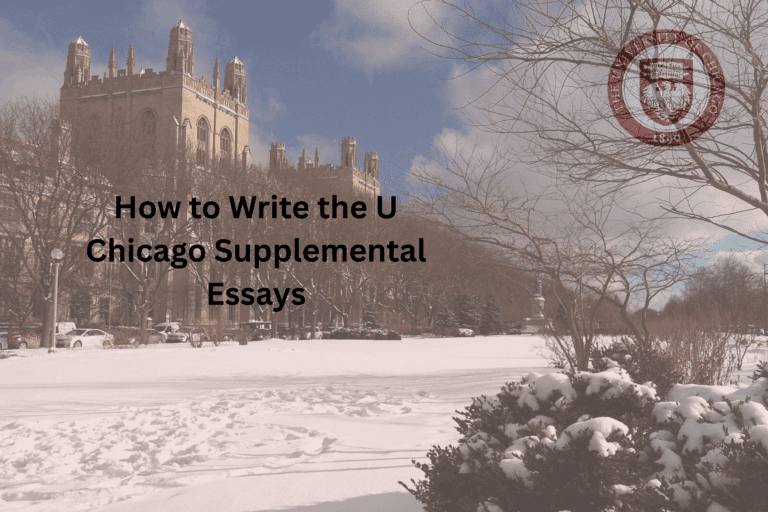
For several years now the UK Higher Education Statistics Agency have published the results of their annual Graduate Outcomes survey which tracks what graduates from UK universities are doing fifteen months after they graduate. This year this data has been used to produce a new publication What Do Graduates Do? which provides a wealth of information on what students from the 2017/18 graduate cohort were doing. As well as telling us what graduates are doing the publication also provides an insight into the prospects of those due to finish their degrees and useful information for those making decisions on what degrees they aspire to apply for.
It is important to note that the data used in What Do Graduates Do? Was gathered before the COVID19 pandemic swept the world. We know that in the UK it is those who are just starting their careers that have been hardest hit by the economic challenges the pandemic has brought. It can only be hoped that the picture displayed is what things will return to in due course.
Some of the headlines from the data are that at the time the survey was conducted very nearly 72% of the cohort, living in the UK, were in employment in occupations that are classed as professional. Health was the most common occupational group for graduates with nursing being the most common job. Marketing is the career area which has shown the largest grown in numbers, although many people entering the field have not studied the area for their degree. The survey showed that 5.5% of graduates living in the UK were unemployed, which is a historically low level of graduate unemployment in the UK. Law, Biology, Nursing program and History were the degrees with the highest levels of unemployment at between 7.4% and 7.1%, while Sport Science, Architecture and Building and the performing arts at 4% to 4.5% had the lowest.
The main content of the publication is a breakdown of degrees into fields of study and then data looking at what students who completed a degree in that subject are doing after fifteen months, in full time work, part time work, further study etc, the types of work people are doing, a top ten list of professional jobs and for those who are doing further study, what type of further study are they doing. The data provides many interesting details; some that have stood out to me are.
Read More: Who’s the text from
-
Graduates from degrees in Civil Engineering and IT are most likely to be in a job directly linked to their degree, (78.3% and 71.3% respectively)
-
Students graduating with degrees in the creative arts have an employment rate of over 70% but this figure hides the highest level of part time employment in the survey.
-
Those completing a degree in the humanities possess numerous transferable skills such as communication, collaboration, analysis and decision making skills which are highly regarded by employers across many employment sectors. The sectors where humanities graduates are most likely to seek employment are Marketing and PR, Administration and Business.
-
A little over 55% of Physics graduates are in employment after 15 months while a further 24% are pursuing further studies, of this group just over 57% are studying for a Doctorate, the highest in the survey.
-
Across the social sciences Sociology and Geography have the highest levels of employment at 66% and 65% respectively. Geography has the highest number in full time employment which at 58.9% is above the average for the whole survey.
-
Unsurprisingly jobs related to business and finance were the largest sector for recruitment for graduates completing studies in Business and Administration. The exceptions were graduates who studied Hospitality, Leisure, Tourism and Transport or Marketing who were most likely to work in Marketing and PR.https://www.ivycentral.com/wp-admin/post.php?post=5868&action=edit






